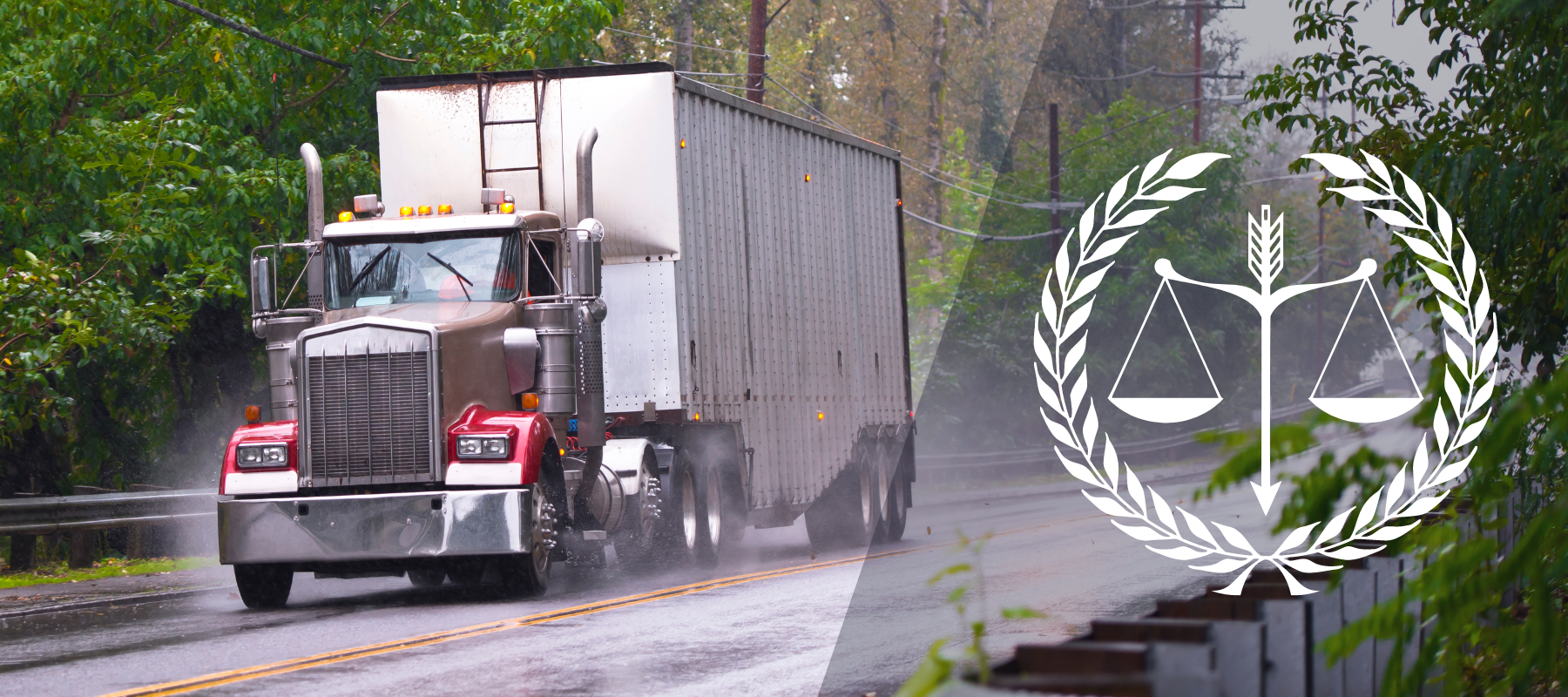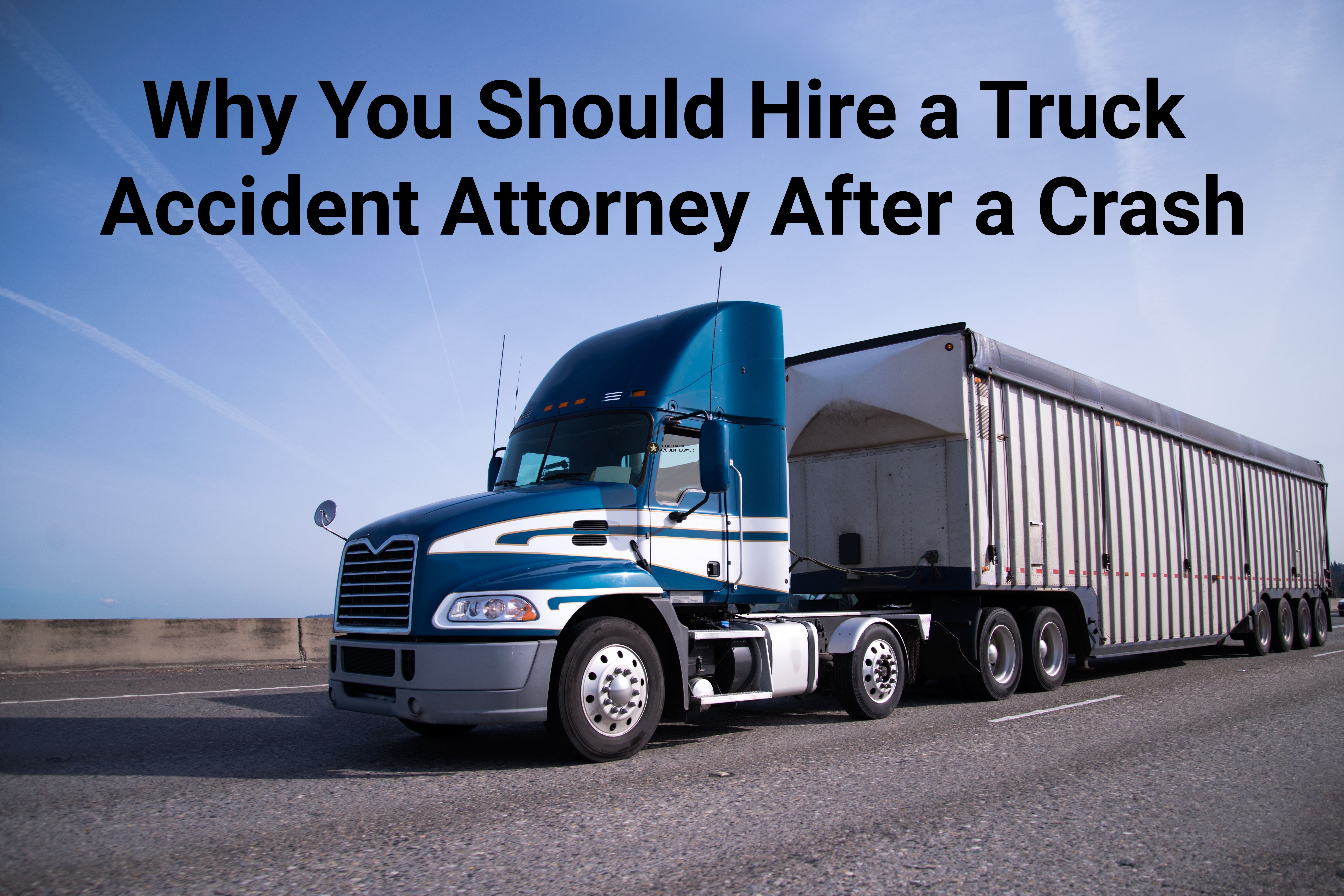How Poor Truck Maintenance Can Lead to Serious Accidents
Big trucks keep our economy moving, carrying goods across cities and highways every day. Truck maintenance claims often arise when these massive vehicles are not properly cared for, turning them into dangerous machines. Skipping routine inspections or ignoring needed repairs puts everyone on the road at risk. Poor maintenance is not just careless—it’s often the hidden cause of devastating truck accidents.
The Rules Trucking Companies Must Follow in Maintaining Trucks and Trailers
Federal law requires trucking companies to inspect, repair, and maintain their vehicles regularly. Drivers are supposed to complete daily pre-trip and post-trip inspections, and companies must keep accurate maintenance records for each truck.
Unfortunately, not every company plays by the rules. Some cut corners to save money or meet tight delivery schedules. That means trucks with bad brakes, worn tires, or broken lights are out on the road when they shouldn’t be.
Common Maintenance Issues That Cause Crashes
When trucking companies fail to keep their fleets safe, certain problems come up repeatedly:
- Brake problems – Faulty brakes make it nearly impossible for a fully loaded truck to stop in time, especially at highway speeds.
- Tire blowouts – Worn or underinflated tires can explode without warning, causing the driver to lose control.
- Steering and suspension issues – If these systems fail, the driver may not be able to steer or keep the truck stable properly.
- Lighting problems – Burned-out headlights, taillights, or turn signals make it harder for other drivers to see the truck and anticipate its moves.
- Engine or transmission failures – Sudden breakdowns can leave a massive truck stranded in traffic, creating hazards for everyone around.
Each of these problems is preventable with proper care. When ignored, they become a recipe for disaster.
How Lawyers Prove Poor Maintenance After a Crash
When someone is hurt in a truck accident, uncovering the cause is critical. Experienced lawyers know how to dig into maintenance failures by reviewing:
- Repair and maintenance logs – to see if important work was skipped or records were falsified
- Driver inspection reports – to check if problems were reported but ignored
- Expert inspections – mechanics can identify failed parts or neglected repairs
- Onboard electronic data – to compare truck usage with maintenance schedules
- Manufacturer recalls – to find out if the company ignored known defects
This type of evidence can show that a crash wasn’t just bad luck—it was the direct result of negligence.
Recent Study Shows the Scope of the Problem of Truck Maintenance
Researchers began by examining a number of semi-truck accidents that had recently been investigated by the state highway patrol for safety issues. These truckers were ticketed and required to respond within a short period of time. When a semi-truck is found to be “out of service” with bad brakes, it is 1.8 times more likely to be a cause of a semi-truck accident, according to another national study.
When several of these 18-wheelers were subsequently involved in a collision, experts involved in the study set out to determine the extent to which the defective parts were at fault. In the end, the findings indicated that over three-quarters of the trucks had defective parts.
Of these, over half had defective brakes, and another quarter had problems with their steering. Additionally, the condition of the poor truck tires can be a serious issue, particularly on the front of the big rig.
Free Case Review
Only a third of the trucks in the study were defect-free.
Conclusions for this study include the fact that the highway patrol should have greater authority to immediately detain and deny use of a semi-truck until the problems are adequately addressed through the repair or replacement of defective parts. In addition, there needs to be an increase in the number of highway patrol officers dedicated solely to inspecting the safety of semi-trucks.
Deeper Regulation Needed For Safety on Our Highways
Finally, trucking companies and drivers should face steep fines for operating equipment that endangers themselves and the driving public.
Ultimately, the trucking company has legal responsibility for ensuring proper maintenance is done on the trucks and that the tractor-trailers are in safe operating condition.
Free Case Review
After a truck accident, the victim’s family is not concerned about whether the truck driver or motor carrier received a citation; they only want the trucking company held accountable for the damages caused.
The complete accident report is sometimes not admitted into evidence in a Texas truck accident lawsuit– making early investigation in some instances very important.
For a no-obligation consultation with an award-winning Texas 18-wheeler accident lawyer with over 40 years of experience, call the Texas Truck Accident Lawyer toll-free at 1-866-758-4529.
Put our Quick Response Team to Work on Your Case.
Kinds of Cases We Handle:
Texas Personal Injury Lawyer
Houston Car Accident Lawyers
Bus Accident Lawyers in Houston
FedEx Truck Accident Lawyer in Houston
Garbage Truck Accident Lawyer in Houston
Truck Wreck Punitive Damage Lawyer Houston
Underride Truck Accidents
UPS Truck Accident Attorney in Houston
Tanker Truck Crash Lawyer in Houston
Wrongful Death Lawyer Houston, TX
Houston Dump Truck Accident Attorney
Houston Tow Truck Accident Lawyer
I-45 Accident Lawyers in Houston
Interstate 10 Truck Accident Lawyer
Jackknife Truck Accident Lawyer, Houston, TX
Related Articles:
Inspection, repair, and maintenance
Critical Evidence to Win 18-Wheeler Accident Cases
How Can I Prove Federal Violations After a Truck Accident?
Feds- Crash Accountability Report Results Soon

















